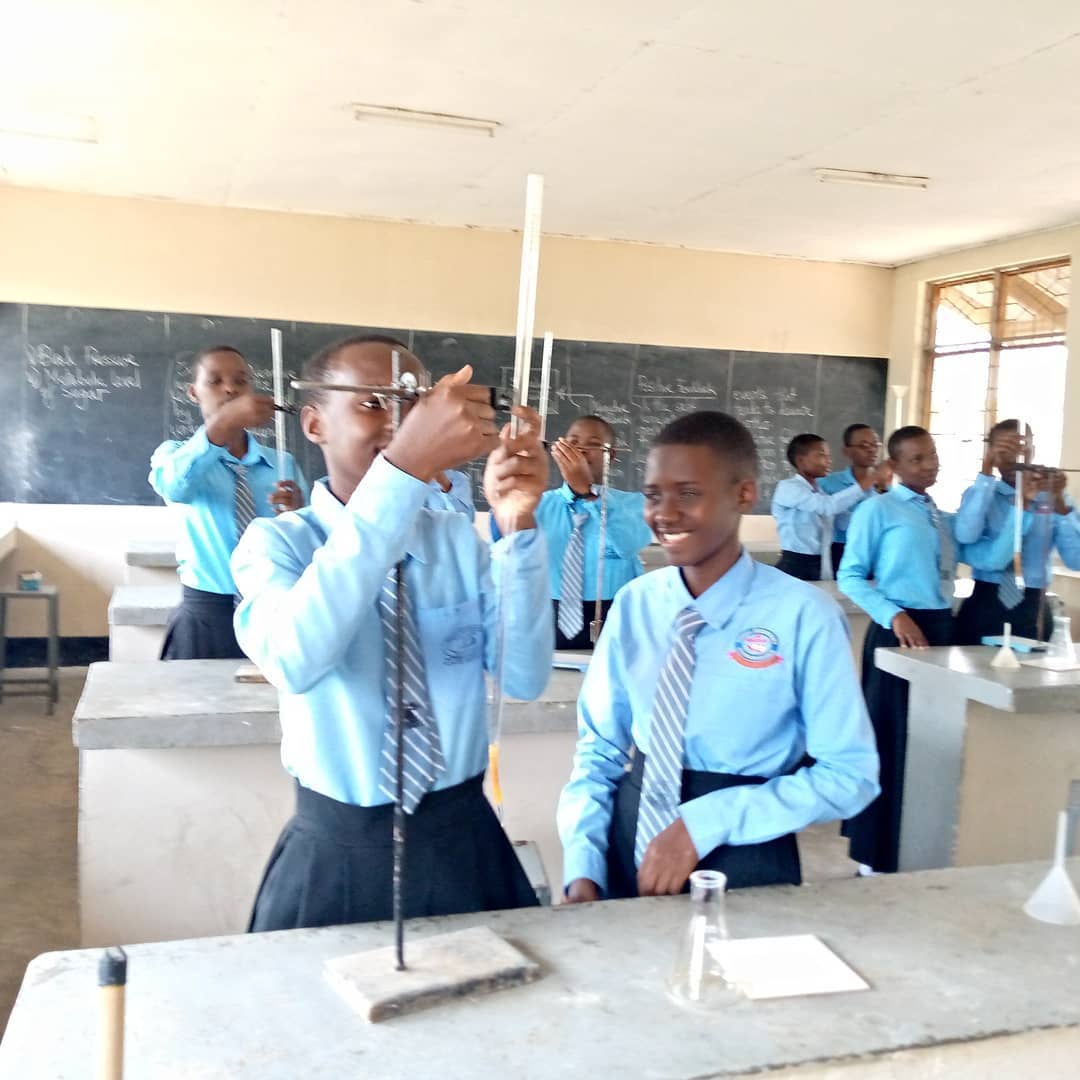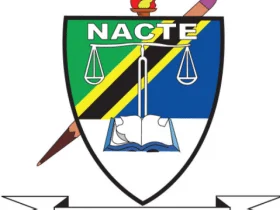Qualifications to join Health Colleges 2024/2025 Sifa kujiunga na vyuo vya Afya in Tanzania, Vyuo Vya Afya 2024/2025 Certificate, Diploma, Degree For an applicant to be eligible for admission into Health and Allied Sciences (HAS), he/she must satisfy the minimum entry requirements of four passes in non religious subjects in Certificate of secondary education examination (CSEE). Sifa kujiunga na vyuo vya Afya 2023 | Qualifications to join Health Colleges in Tanzania
Sifa kujiunga na vyuo vya Afya 2024/2025
These three aspects are interrelated and together form the core functions of NACTE; A process leading to quality-assured qualifications in technical education and training in our country.
Sifa Za Kujiunga Na Vyuo Mbalimbali Tanzania, Ada Za Vyuo Vya Afya Vya Serikali Sifa Za Kujiunga Na Chuo Cha Afya Muhimbili Sifa Za Kujiunga Na Kozi Ya Pharmacy Vyuo Vya Afya Vya Serikali Mwanza Sifa Za Kujiunga Na Diploma Sifa Za Kujiunga Na Chuo Cha Afya Mbweni Zanzibar Sifa Za Kujiunga Na Certificate.
A model regulatory body to oversee the quality of technical education and training for national social and economic development. Oversee the provision of technical education and quality training, through the registration and accreditation of non-university higher education institutions, and advise the government on the development of technical education and quality training for the benefit of Tanzanians.
The mission statement is translated into the following three main objectives:-
(a) establishing and maintaining the regulatory framework for technical, vocational and technical education and training, leading to the acquisition of quality-assured qualifications;
(b) assisting technical and vocational institutions in improving and maintaining the quality of the education they provide, and ensuring that their programs meet labor market requirements by directing and monitoring their compliance with the regulatory framework; And
(c) Advise the government on strategic technology development
and vocational education and training so that you can make informed policy decisions.
Sifa kujiunga na vyuo vya Afya | Qualifications to join Health Colleges
However, there are some programme requirements that are specific to certain programmes. The following information provides minimum admission requirements for Health and Allied Sciences (HAS) related programmes as detailed herein.
Technical education in this context is defined as “education and training undertaken by students to equip them to play roles requiring higher levels of skills, knowledge, and understanding and in which they take responsibility for their areas of specialization”. NACTE is thus, a multidisciplinary and multi-sectoral body empowered to oversee and coordinate the provision of technical education and training in Tanzania.
TCU – Entry Requirements for Admission into Health and Allied Sciences Programmes
TCU Entry Requirements for Admission into Health and Allied Sciences Programmes
NACTE – Entry Requirements for Admission into Health and Allied Sciences Programmes
The National Council for Technical Education (NACTE) is a corporate body established by the National Council for Technical Education Act, 1997 (Act No. 9 of 1997). The Act provides a legal framework for the Council to coordinate the provision of technical education and training and establish an efficient national qualifications system that will ensure that products from technical institutions are of high quality and respond to changing needs as well as technological innovations in the world.
The Scope of the Council
The scope of NACTE covers all tertiary education and training institutions, other than Universities and their affiliated colleges, delivering courses at the technician, semi-professional and professional levels leading to awards of certificates, diplomas, degrees, and other related awards.
The mandate of the National Council for Technical Education is derived from Cap. 129 is threefold and may be summarized as below:
Regulatory Function: to establish the regulatory framework for technical education and training, leading to quality-assured qualifications;
Quality Assurance Function: to assist technical institutions to improve and maintain the quality of the education they provide and to ensure that their programs meet labour market demand, by guiding and monitoring their adherence to the regulatory framework; and
Advisory Function: to advise both Government and technical institutions on the strategic development of technical education and training can be made.
Also Read;
- Sifa za kujiunga na Msongola (Msongola College Entry Requirements)
- Sifa za kujiunga na St Joseph (St Joseph College Entry Requirements)
- Sifa za kujiunga City College (City College Entry Requirements)
- Sifa Za Kujiunga na DIT; Entry requirements Dar es Salaam Institute of Technology
- Sifa Za Kujiunga Na Chuo Cha CBE Diploma, Degree College of Business Education
- Sifa za Kujiunga Na chuo Cha UDSM ( UDSM Joining Requirements)
- Sifa Za Kujiunga Na Chuo Cha Ustawi Wa Jamii Entry Requirements
- Sifa Za Kujiunga Na Chuo Cha Afya Tandabui
- Sifa Za Kujiunga Na Chuo Cha Diplomasia Tanzania
- Sifa Za Kujiunga Na Chuo Cha DUCE Admission Requirements





Leave a Reply